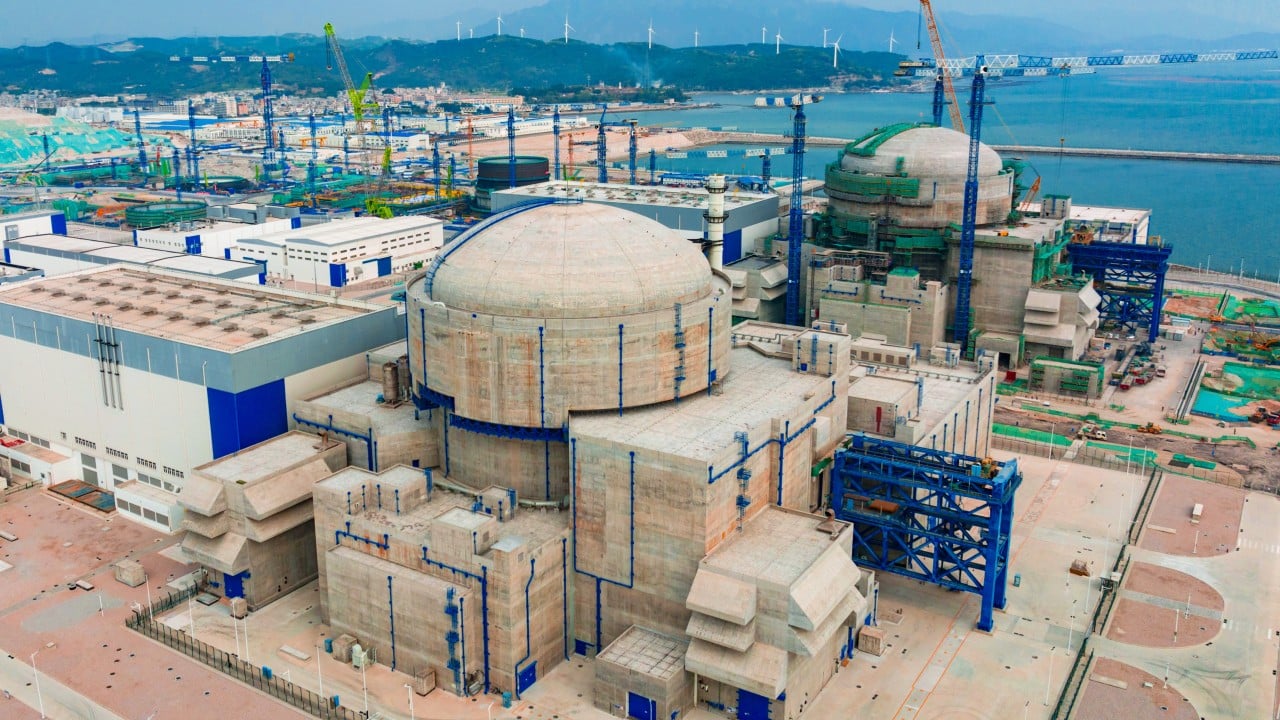Published: 10:00pm, 24 Aug 2025Updated: 10:03pm, 24 Aug 2025
When Sama Bilbao y León, director general of the World Nuclear Association – a global industry body based in London – toured China’s nuclear facilities this summer, she was left speechless.
Advertisement
“I couldn’t close my mouth in amazement,” she admitted, stunned by China’s advanced capabilities and “incredible” industrial scale.
This awe-inspiring progress exists despite stringent US sanctions – including the 2019 blacklisting of China General Nuclear Power Group (CGN) and the recent suspension of equipment licences – imposed over national security concerns.
Ironically, these very restrictions have backfired spectacularly. Instead of crippling China’s nuclear ambitions, the sanctions have forced Beijing to develop a fully self-sufficient nuclear ecosystem, achieving near-total domestic equipment production and rapid reactor deployment.
Now, as the US and Europe struggle with costly delays and atrophied supply chains in their own nuclear expansions, China’s sanctioned industry has become an unattainable benchmark of efficiency – and its exclusion threatens to stall the West’s own atomic energy revival.
Advertisement
“The current geopolitical situation at all levels is incredibly complex. But our position has always been that the nuclear industry is global, and we would like to see countries working together and sharing best practices and lessons learned,” said Bilbao y León.
The industrial leader, originally from Spain, has been calling on member countries to strike a balance between global cooperation and local participation to ramp up the supply chain.

